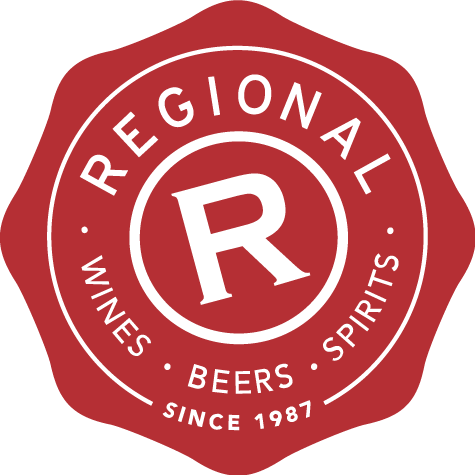Organic wine - everyone needs to do their bit
When you visit a region such as Marlborough, it’s hard not to be slightly fearful of the swathe of monoculture cutting its way into the countryside that wine now represents. Grape growing may not be as harmful as intensive livestock farming, but as an industry in expansion, its role is becoming more and more relevant. Organic wine has therefore become an increasingly important commodity in relation to how this country looks forward at protecting its environment and promoting its eco and biodiversity.
Currently, there are no government incentives (subsidies or tax breaks) to becoming certified organic, so the onus sits firmly with the winemakers when weighing up this decision. They are at the head of the manufacturing/consumer chain, the ones creating the wine after all but, it's not as simple as waking up and deciding to call yourself organic. With most certifications there is a lengthy conversion process, initial costs and ongoing costs which will need to be balanced against the rewards (both financially and morally) that will ideally be reaped in the future. These rewards will hopefully be in the form of decreased input costs of pesticides and herbicides and lower maintenance costs from improved vine and soil health. Ultimately the key result will be better wine which will reward the winemaker with justifiably higher prices on his or her wines, and this is where the consumer comes into play.
As consumers of wine we need to think about our role in the situation too. Today, the consumer needs to play an active role in helping bring about change - we are just as important in many ways as our purchasing drives the industry. We should be actively seeking out organic wine and, arguably, even at a higher cost. This is the support the industry needs to egg on the conversion process, which will afford us better products that are healthier and, in the long term, could even reduce in price as benefits start to filter back into the industry. In one sense, organic wine is an integral cog in the ever increasing move towards premiumisation, encouraged by consumers who are becoming more willing to spend more to drink better.
The demand for organic wine is on the up which shows that things are moving in the right direction. Consumers are now keener to know the provenance of what it is that they are putting inside themselves and are increasingly aware of the need to look after ecosystems and promote biodiversity. Global pandemics, climate change and outbreaks of infectious disease within agriculture will only push this demand further. Retailers such as Regional Wines also have a role to play in making these wines readily available and, of course, communicating their existence to the consumer.
So, if producers, consumers and retailers are doing their bit - what about the government?
There is an organic regulation bill being put through parliament at the moment, and this is possibly the first step towards greater involvement by the government who, in my opinion, have been sorely missing. If the Government is finally realising the importance of the organic sector, who knows, next we may see legislation of minimum organic requirements for wine producers and greater incentives to allow this to happen.
You only have to look at organically farmed vineyards, often with cover crops of wildflowers between their vines to know that organics and biodynamics are the better way to farm. With regions such as Marlborough showing no signs of decreasing in size, it really is important that we do what we can to protect our country as a whole - and organic wine is definitely part of the bigger picture.
------
We are celebrating Organic Wine Week in store with Jack Weaver of Churton Estate who will be opening three organic wines from the Churton Natural State range on Wednesday 23 September.
You can visit Regional Wine’s organic wine collection by clicking here.
